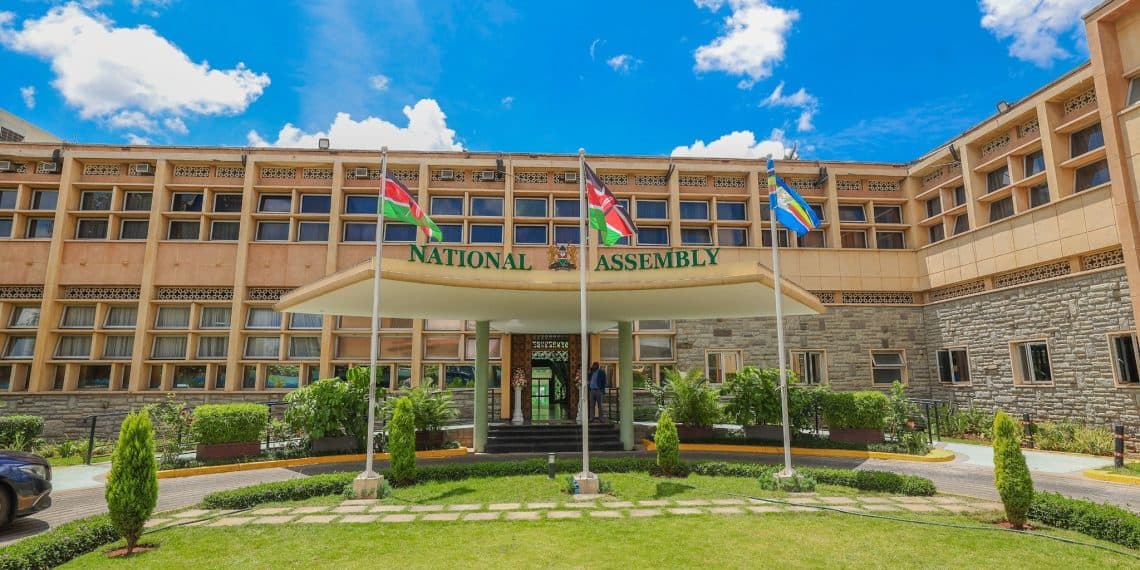We're loading the full news article for you. This includes the article content, images, author information, and related articles.
Petition reignites debate over presidential burials and cultural norms.

Nairobi, Kenya – August 1, 2025
A Kenyan citizen has filed a formal petition requesting the government to exhume and relocate the remains of the late President Mzee Jomo Kenyatta from the Parliament Grounds in Nairobi to his ancestral home in Gatundu, Kiambu County. The petitioner contends that the move would restore cultural dignity and align with Kikuyu traditional burial rites, which typically require a departed elder to be laid to rest within their ancestral land.
The petition, submitted to the Ministry of Interior and the National Museums of Kenya, argues that the late President’s current resting place—a state mausoleum within Parliament precincts—is a political monument but lacks the cultural sanctity associated with traditional Kikuyu customs. The petitioner is calling for a public consultation process and the establishment of a national heritage site in Gatundu, where Kenyatta was born and began his political journey.
“Mzee Kenyatta was not just Kenya’s founding president; he was a father, a husband, and a respected elder of the Agikuyu community. Our traditions dictate that a man of his stature should be buried on his ancestral soil,” reads part of the petition seen by Nation Africa.
Jomo Kenyatta, who led Kenya to independence in 1963 and served as its first president until his death in 1978, was buried at a heavily guarded mausoleum beside Parliament Buildings, a site reserved for national mourning and guarded by the Kenya Defence Forces. While the location is of immense historical value, critics have long debated whether it reflects Kenyatta’s personal and cultural roots.
The petitioner, whose identity remains undisclosed pending official acknowledgment by the State Law Office, also proposes the creation of a memorial park and museum in Gatundu that would both honour Kenyatta’s legacy and promote cultural tourism in central Kenya.
The petition has sparked early online debate, with some Kenyans supporting the idea as a long-overdue cultural correction, while others argue that the current mausoleum is a symbol of Kenya’s post-colonial identity and should remain untouched.
Legal and historical experts say such a move would require the consent of the Kenyatta family, Parliament, and possibly a constitutional amendment, given the symbolic and political significance of the site. There’s also precedent to consider: no former head of state in Kenya has had their remains relocated posthumously.
The Ministry of Interior has not yet issued an official response, but insiders suggest that the matter could be referred to the National Assembly or the National Museums Council if it garners enough public interest.
If the petition gains traction, it could open a broader national conversation about how Kenya honours its past leaders—not just through politics and power, but through cultural integrity and traditional values.
As the nation prepares to mark the 47th anniversary of Jomo Kenyatta’s death on August 22, the question now looms: should Kenya revisit the final resting place of its founding father?
Keep the conversation in one place—threads here stay linked to the story and in the forums.
Sign in to start a discussion
Start a conversation about this story and keep it linked here.
Other hot threads
E-sports and Gaming Community in Kenya
Active 9 months ago
The Role of Technology in Modern Agriculture (AgriTech)
Active 9 months ago
Popular Recreational Activities Across Counties
Active 9 months ago
Investing in Youth Sports Development Programs
Active 9 months ago
Key figures and persons of interest featured in this article